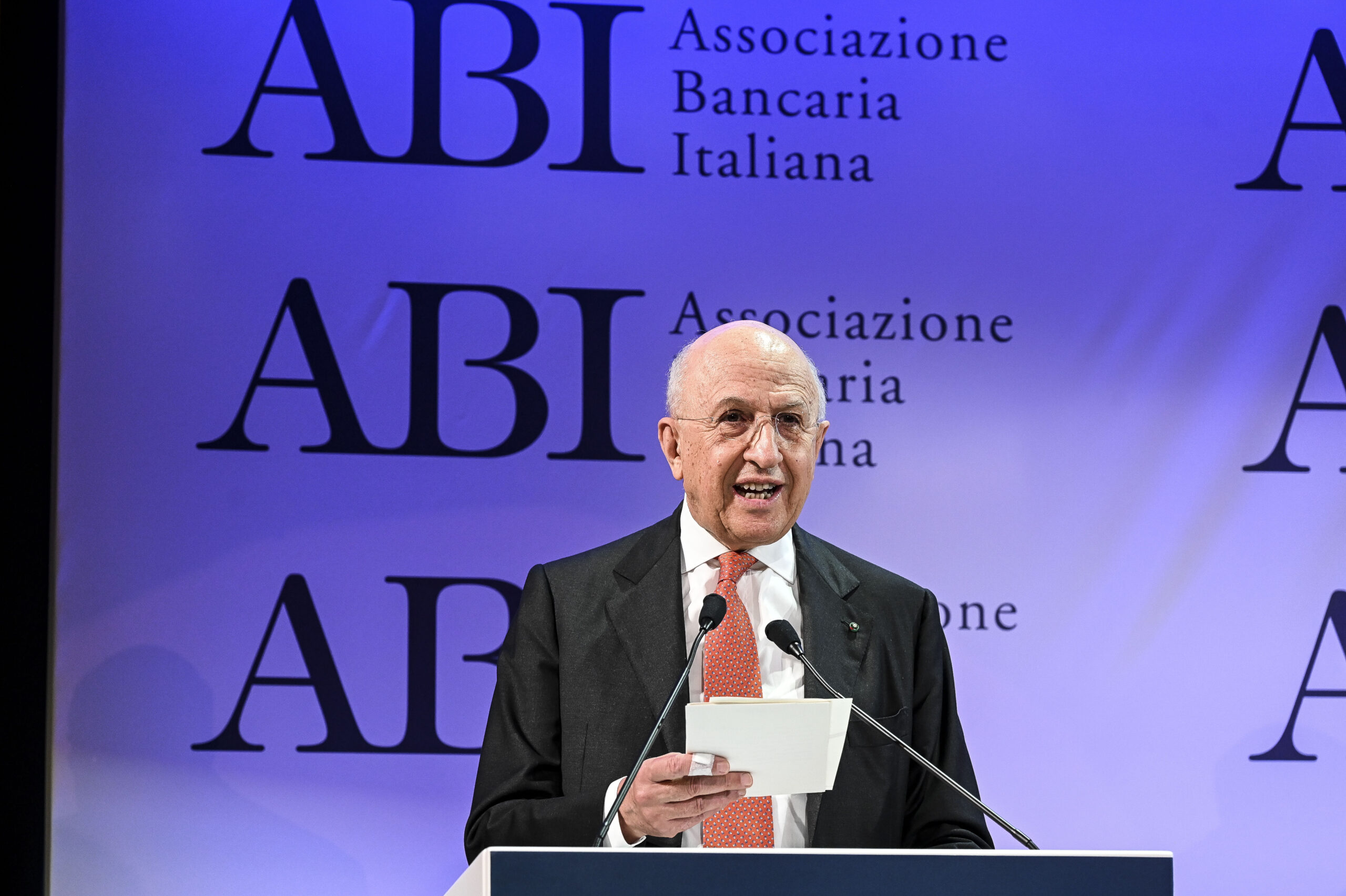What banks will do after the new tax on extra profits. Liturri speaks

Tax on banks' extra profits: this is how credit institutions will act after the government's changes. Conversation with Giuseppe Liturri, chartered accountant and finance expert
Giuseppe Liturri is a chartered accountant expert in finance, planning and control and graduated in economics from Bocconi University in Milan. He collaborates with Start Magazine and La Verità . In this interview published in Policy Maker , he explains everything the government got wrong in the case of the bank extra profits tax.
Liturri, on Monday in Start Magazine wrote about the executive's sensational flop on the tax on banks' extra profits. How was the tribute conceived?
Initially, 40% of the growth in the 2023 interest margin compared to that of 2021 (increased by 10%) had to be paid, or, if higher, 40% of the growth in the 2022 interest margin compared to that of 2021 (increased by 5 %). The ceiling was set at 0.10% of total balance sheet assets. The underlying economic logic was that that growth in the interest margin had been inflated "undeservedly", i.e. by exploiting a particular market dysfunction that allowed banks to increase lending rates without the need to also increase lending rates because they were overflowing with deposits and financed abundantly by the ECB.
How did the changes happen?
Just one amendment, presented by the government, already being converted in the Senate at the end of September, was enough to introduce the right not to pay the amount due, i.e. 40 of the greater interest margin for 2023 compared to 2021 (increased by 10 %), provided that it does not exceed 0.26% of risk-weighted assets, i.e. less government bonds. It will be sufficient that in 2024, when the 2023 budget is approved, a portion of that profit equal to at least 2.5 times the tax potentially due is allocated to a non-distributable reserve.
What will happen for public finances?
Not a single cent will reach the state coffers. Because this is the most likely scenario. Because a bank that is strong in terms of capital or with high profits will have no problem maintaining its dividend distribution policy unchanged and, at the same time, establishing the "safe conduct" reserve. Also allocating reserves and profits from previous years for this purpose.
So what will the banks do?
Which administrator would be so naive as to pay millions of euros, subtracting them from the bank's assets, when one of the reasons why the banks contested the tax is precisely the need to strengthen their capital base? Which they will probably do, without suffering any repercussions on the distribution of dividends, which are however possible for a solid bank, according to pre-established plans. Banks with weak capital will be even more inclined not to pay in order to strengthen the bank's capital. In this case, the director who decides to pay the tax would also be exposed to complaints from the shareholders, for imprudent behavior that would damage the capital solidity of the bank, in order to distribute dividends.
And why? Was it really just “a mid-August sunshine”, as you define it in your article?
The media offensive conducted by the banks was impressive. Even though we never appeared in person (the ABI spoke for the first time during a parliamentary hearing in September), we were able to read everything and more in Italian and international newspapers. In order to achieve the objective of reducing the tax burden, government bonds were called into question, of which the banks are obviously large holders, suggesting damages that had no reason to exist.
Because the extra profit for the banks was created on the cost side (the interest rates on deposits remained stuck at zero) and not on the revenue side (which instead promptly adapted to the rate increases by the ECB). Announcing such a delicate tax on a sector like the banking sector that is even more sensitive than the energy sector and then essentially backtracking really seems like the effect of a sunstroke. I can't find a more appropriate simile.
This is a machine translation from Italian language of a post published on Start Magazine at the URL https://www.startmag.it/economia/tassa-extraprofitti-banche/ on Sun, 15 Oct 2023 07:05:12 +0000.
